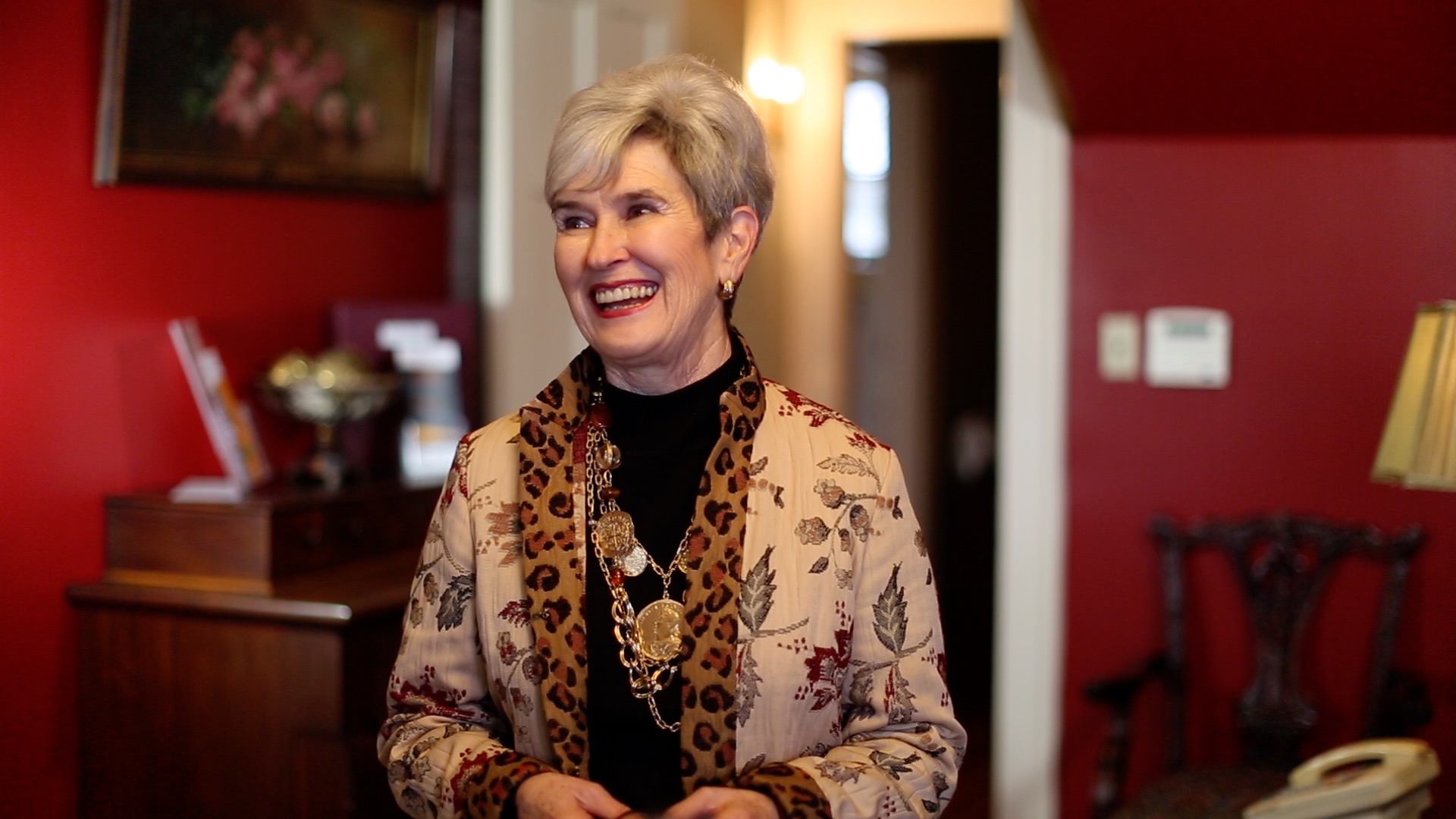There are some common job interview questions that always seem to stump candidates, no matter how well they’ve prepared beforehand.
The questions are not complicated. But candidates often fumble around or give inappropriate answers because they don’t understand the reasoning behind the questions – what the interviewer is REALLY getting at.
Here are a few common interview questions, with explanations of what the interviewer is actually trying to determine about you.
“Tell me about yourself.”
For the record, the correct answer is not, “Everything you need to know is on my resume.” Besides possibly coming off as a bit of a jerk, you’re not really telling the interviewer what he or she wants to know. They want to know that you can intelligently and succinctly sum up your professional accomplishments and goals without giving your whole life story, throwing in irrelevant information or going off on a tangent.
You should have a one-minute maximum answer – also known as your “elevator speech” – rehearsed and ready. If you don’t have an elevator speech prepared, here is an excellent article from Forbes to get you started.
“What are your weaknesses?”
This may be the most universally dreaded interview question, and the most challenging to answer. However, it’s a very common question, and you should be prepared.
Many people have been advised to try to spin a weakness into a strength. For example: “I’m a serious perfectionist,” or “I’m a workaholic – I’m just too dedicated to my job and I’m always in the office until 8 p.m.” Contrary to popular belief, this is not the right approach. First of all, interviewers can see right through your well rehearsed martyrdom. Everyone has weaknesses, and they want to know if you’re honest enough to own your shortcomings. It’s difficult to coach and develop employees who are afraid to admit they’re not perfect.
How do you answer the question? First, you should only discuss your weaknesses as they relate to a work environment. Your personal shortcomings relating to family and friends are irrelevant in this case. Second, be honest. Every human being has weaknesses – even the one interviewing you. Finally, be prepared to discuss the steps you are taking to overcome your weakness or make it work to your advantage. For example, people who are described as “too shy” are often great listeners.
Please check out this excellent resource if you’d like more help formulating your answer to the “greatest weakness” question.
“Why do you want to work here?”
One simple rule – this is NEVER the time to tell the interviewer what you hope to gain from the company. Answers like “I’ve heard you pay well,” or “I need benefits,” won’t go over well. This question is designed to determine two things: 1. How do you think your skills and background will benefit the company? and 2. Are you excited/enthusiastic about the company and the position?
This is a good chance to show the interviewer you’ve done some research on the company and tell them why you think you would be a good fit. For example, “After studying your website, I can see you do a lot of work with the Widget industry. I love Widgets and I have a lot of experience with them, so I saw this as a perfect chance to put that knowledge and passion to work for a progressive, stable company.”
If you are consistently having difficulty with these or other tough questions, The Wilson Group offers one-on-one interview coaching designed to improve your interviewing skills so you can land the job you want. Contact us today for more information.





